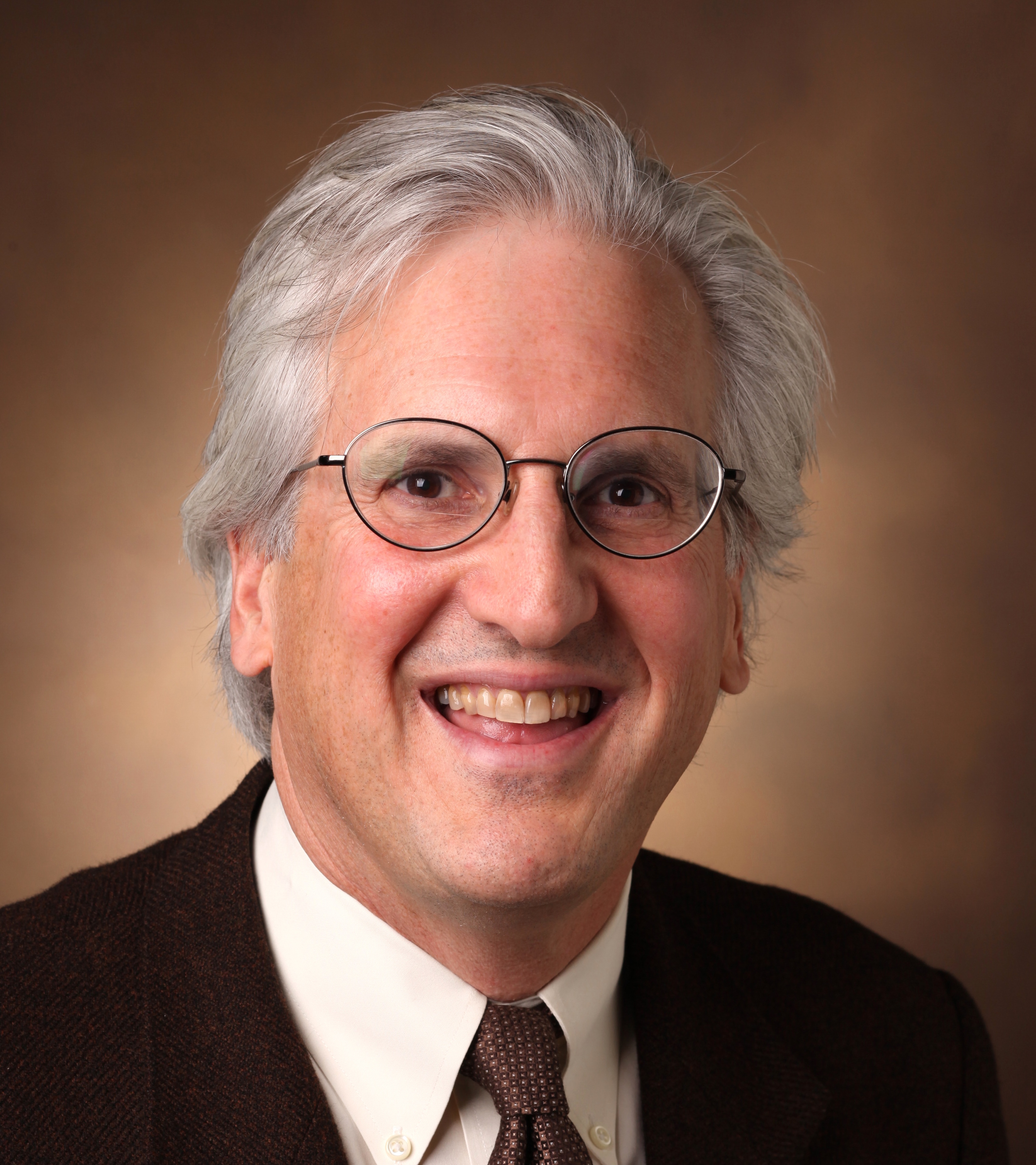Recently, a group of physicians sponsored by Physicians for Human Rights traveled to Dilley, Texas to work with U.S. asylum seekers. They came from across the nation and included Jeff Stovall, M.D., associate professor of psychiatry and behavioral sciences at Vanderbilt University Medical Center and medical director of Vanderbilt’s Early Psychosis Program.
Stovall has been working with immigrant populations for over twenty years—first in Massachusetts and now in Tennessee. In Texas, his role was to perform psychiatric evaluations for the spike in women and children detained at a federal facility just over the Mexican border.
“I became a physician to work in communities, and I do the work the community requires,” Stovall said. “When I see something that feels like a crisis on some level, I have an instinct to help if I can.”
An Urgent Need
The family detention center in Dilley, Texas can house up to 2,400 people. During Stovall’s visit, it was filled with women and children that had been recently reunited after previously being separated at the border.
The asylum seekers were awaiting legal hearings to determine if they have a “credible fear” of returning to their home country—a process that can take months, Stovall said. During their wait, individuals seeking asylum are represented by volunteer attorneys and may obtain a medical evaluation to support their asylum claim.
“I may need to educate the court in how someone with trauma may describe their experiences.”
“One of the things that often confounds asylum judges is when a seeker shares a traumatizing event, but appears unemotional or numb. That doesn’t lend credibility in the eyes of the court,” Stovall said. “In fact, we know people with significant trauma may not have emotional demonstrations, and I may need to educate the court in how someone with trauma may describe their experiences.”
Providing Expertise
In some cases, a judge may ask an expert to perform a psychiatric evaluation of the asylum seeker. Stovall—one of only two psychiatrists available during his visit—met with approximately a dozen asylum seekers during his ten-day stay.
“Part of what I’m doing is determining whether their behavior is consistent with what I’d expect to see in a person who has been through the trauma they describe,” Stovall said. “I’m also determining if their experiences may affect their ability to participate in the legal process.”
Asylum seekers with head trauma or anxiety, for example, may be less able to give a consistent history or remember details, especially in a high-stress hearing. Stovall’s affidavit, submitted to the court, can be a critical piece of an asylum seeker’s application.
A Call to Action
Each evaluation, including reporting, can take hours—which limits the number of evaluations that can be completed in any given day. Stovall found himself working through an interpreter over the phone in various corners of the detention center. “It’s a pretty chaotic environment,” he said. “But as a physician, it’s extremely rewarding work.”
“Their hopefulness is contagious.”
“Their experiences are so outside the realm of what most of us can fathom. It’s a whole other dimension in terms of chronic trauma, violence and poverty. But their hopefulness is contagious. The individuals I evaluated are resilient and make me want to help.”
Stovall encourages other physicians to get involved. “It’s highly doable, and within the skillset of most physicians,” he said. Physicians can participate with immigrant groups locally, as well as through the Physicians for Human Rights Asylum Network.





